News: Call for Workshops Closing on 31st May
19/05/18 22:25 by Mark Keating (mdk)
The call for Workshops at The Perl Conference in Glasgow (#TPCiG #TPCiG18) will close at 23:59:59 on Thursday 31st May 2018. At this point we have 4 accepted workshops with the provision to hold more on a second day. Workshop will be held the same day (Tuesday 14th August), though if we accept another workshop we will open up Monday 13th August.
The tickets for the existing four workshops that were confirmed earlier in the process are already available and we recommend that you purchase them well in advance as we will have to have an early cut off date to ensure that we can adequately prepare for the number of guests.
Current Workshops
Web Site Tune-Up - Improve Your Googlejuice - Dave Cross (half day)
Warning: Perl Free Zone!
Most of us have web sites. And for most of those web sites, success means getting more visitors visit it. And that means getting better ranking in Google. And that means SEO.
You can spend hours poring over spreadsheets of keywords that you want your web site to rank for. But there's another side to SEO. There are a number of relatively simple tweaks you can make to your site in order to make it more attractive to Google. Over the course of three hours, we will cover some of these.
Anyone can apply these techniques to their web sites. But very few people do. That's why they work.
This is an extended version of the workshop I gave at the London Perl Workshop in 2017.
The Professional Programmer - Dave Cross (half day)
Being a successful professional programmer isn't just about being good at programming. There are plenty of other skills that a programmer should have and in this three-hour session, Dave Cross (who, despite appearances to the contrary, has been doing this for thirty years) will explain some of them to you.
Introduction to Perl 6 - Jeff Goff (full day)
Starting from one-liners like 'Hello, world!' Jeffrey explores all of the programming styles that Perl 6 has on offer, from basic procedural programming to object-oriented style, aspect-oriented, functional programming, and even logic programming. From the basics of sigils (the signs that so many scratch their heads over) and context, you'll banish lazy evaluation, march through infinite lists, and stalk the wild hyperoperators. Jeffrey introduces simple variables and user I/O by way of a guessing game.
After discussing variables and how they're affected by the context they're used in, Jeffrey delves into what's traditionally been the core of Perl: regular expressions. Starting with some simple matching tasks, Jeffrey explains how to parse what even Perl 5 regular expressions can't tackle with a custom grammar. This custom grammar helps teach you object orientation and aspect-oriented programming. You'll then build an interpreter with the help of some hyperoperators and use Perl 6 roles to construct both an interpreter and assembler inside Perl 6. Jeffrey also discusses the community surrounding the language, how to find other programmers, and how to find and share your Perl 6 code.
You'll walk out of the tutorial with a solid grasp of the fundamentals of Perl 6 and an exposure to what lies beyond the world of basic scripting. Materials or downloads needed in advance:
Attendees should bring a laptop with at least 4GB of RAM and a working Perl 6 installation from either Docker (recommended for Mac or Linux), Rakudobrew (recommended on Linux, and what the instructor uses inside his VM), or the MSI installer on Windows.
Attendees should be familiar with at least one programming language (C, JavaScript, Python, Ruby, etc.). While object orientation will be discussed, you do not need to be familiar with this beforehand.
I don't want to be an asshole anymore - Mark Prather (full day)
A three-part course focused on getting your internal outlook correct, how to approach dealing with others, and follow up to help solve problems. I will condense a plethora of reading and give cited examples on each process to help people understand where the message they are trying to convey is getting lost and help them to better facilitate their conversations with others.
With 4 years experience working with programmers in soft skills coaching role I have seen these techniques work and want to pas them on to make the community a better place to be in.

















